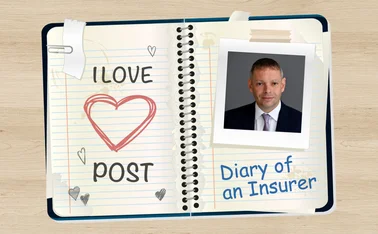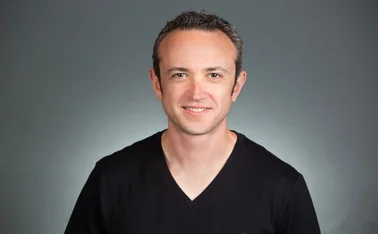
Post Blog: Clinical conflicts

How can the negative role of medical experts in the whiplash epidemic be tackled? Dr David Pearce explains.
Britain is the whiplash capital of Europe, with more than 1500 claims a day.
In May 2011, the House of Commons Transport Committee published a report into the cost of motor insurance, warning that the escalation of uncontested whiplash claims was causing a dysfunction in the market.
Concerns were raised over the subjective diagnosis of whiplash claims, many in the market believing the government should legislate to require objective evidence of a whiplash injury and its impact on a claimant's life before compensation is paid.
Set against this backdrop, there is a recognised need to redress the imbalance in the low value personal injury claims sector, which predisposes medical evidence to favour the party instructing the medical expert.
It comes as no surprise that part of the remit of the imminent Ministry of Justice consultation on whiplash is to look at the independence of medical experts.
Medical reporting organisations and the medical experts on their panels are too close to the instructing parties.
Current practices for obtaining whiplash medical reports can lead to allegations of biased, poor quality evidence, driven by the fact that medical experts have become reliant on MROs for their livelihood and the MROs are reliant on a commercial relationship with the instructing party.
These relationships, or ‘supermarket supplier syndrome', are caused by the consolidation in the MRO market resulting in two or three main providers dominating panels of experts.
The Association of British Insurers has raised concerns, as has the Association of Personal Injury Reporting Experts (Aspirex), an independent non-profit organisation which exists to promote good practice in the authorship of medico-legal reports relating to personal injury.
Aspirex was established to provide a voice for the medical experts committed to higher standards of medical reporting.
Until now the only voice has been that of trade bodies such as the Association of Medical Reporting Organisations, which represents MROs, not doctors.
Whilst MROs provide an undoubted contribution, it is right that doctors, who strive to deliver the best possible standards of evidence, are represented.
MROs perform an important role in administering and improving efficiency in the acquisition of medical evidence, particularly in high value, complex cases, but the link between the instructing party and the expert panel must be separated from this administrative function.
It is not the role of the MRO to be training, peer reviewing or selecting the medical expert panel. Any attempt to do so perpetuates the potential for bias because of the obvious commercial interests at play.
It is also important for experts to take instructions from a wider range of instructing parties, so that they are never financially beholden to only one or two dominant agencies.
Notwithstanding the anticipated findings of the consultation, the need for change in medico-legal reporting has become pressing and compelling.
As a market we must address that need collectively, and to the benefit of genuine claimants, or risk enforced regulation.
Dr David Pearce, chief technology officer, Isaas Technology
Only users who have a paid subscription or are part of a corporate subscription are able to print or copy content.
To access these options, along with all other subscription benefits, please contact info@postonline.co.uk or view our subscription options here: http://subscriptions.postonline.co.uk/subscribe
You are currently unable to print this content. Please contact info@postonline.co.uk to find out more.
You are currently unable to copy this content. Please contact info@postonline.co.uk to find out more.
Copyright Infopro Digital Limited. All rights reserved.
As outlined in our terms and conditions, https://www.infopro-digital.com/terms-and-conditions/subscriptions/ (point 2.4), printing is limited to a single copy.
If you would like to purchase additional rights please email info@postonline.co.uk
Copyright Infopro Digital Limited. All rights reserved.
You may share this content using our article tools. As outlined in our terms and conditions, https://www.infopro-digital.com/terms-and-conditions/subscriptions/ (clause 2.4), an Authorised User may only make one copy of the materials for their own personal use. You must also comply with the restrictions in clause 2.5.
If you would like to purchase additional rights please email info@postonline.co.uk







